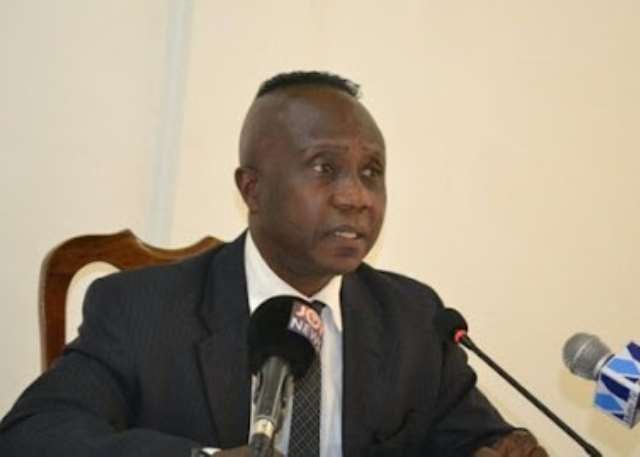The recent surge in the value of the Ghanaian cedi against major foreign currencies has sparked considerable debate and speculation regarding the underlying causes and potential implications. Dr. John Kwakye, Director of Research at the Institute of Economic Affairs (IEA), has refuted claims that the cedi’s appreciation is primarily driven by excessive intervention from the Bank of Ghana (BoG). He argues that the cedi’s robust performance reflects a confluence of positive economic factors rather than artificial manipulation.
Dr. Kwakye highlights several key drivers contributing to the cedi’s strengthening. These include a significant influx of foreign exchange through remittances from Ghanaians abroad, a rise in the BoG’s gold reserves, and the implementation of a tight monetary policy aimed at controlling inflation and stabilizing the currency. Additionally, he emphasizes the importance of coordinated fiscal and monetary policies, which have instilled greater market confidence and contributed to a more favorable economic outlook. This improved sentiment has further bolstered the cedi’s value.
While acknowledging the positive implications of a stronger cedi, former President John Dramani Mahama cautioned against excessive appreciation. Mahama emphasized the importance of maintaining a realistic exchange rate range, suggesting a target of GHS10 to GHS12 per dollar, to safeguard Ghana’s export competitiveness. He noted that an excessively strong cedi could negatively impact export-oriented industries by making Ghanaian goods more expensive in foreign markets.
The differing perspectives on the cedi’s appreciation underscore the complexities of managing exchange rates in a dynamic global economy. While a strong currency can offer benefits such as lower import costs and reduced inflationary pressures, it can also pose challenges for export sectors. Striking a balance between these competing forces is crucial for fostering sustainable economic growth and development.
The interplay between market forces and policy interventions plays a significant role in shaping exchange rate movements. The influx of foreign exchange through remittances and increased gold reserves strengthens the cedi by increasing the supply of foreign currency relative to demand. Simultaneously, a tight monetary policy, which typically involves higher interest rates, can attract foreign investment seeking higher returns, further bolstering the cedi’s value. However, excessive intervention by the central bank, such as directly selling large amounts of foreign reserves to prop up the currency, can create distortions and unsustainable exchange rate levels.
Ultimately, a stable and predictable exchange rate regime is essential for promoting economic stability and fostering investor confidence. While the recent appreciation of the cedi offers positive signs for the Ghanaian economy, policymakers must remain vigilant in monitoring exchange rate movements and implementing appropriate measures to ensure that the cedi’s value remains aligned with underlying economic fundamentals. This requires a delicate balancing act, considering both the short-term and long-term implications of exchange rate fluctuations on various sectors of the economy. Maintaining a competitive exchange rate is vital for supporting export growth and promoting overall economic prosperity.


